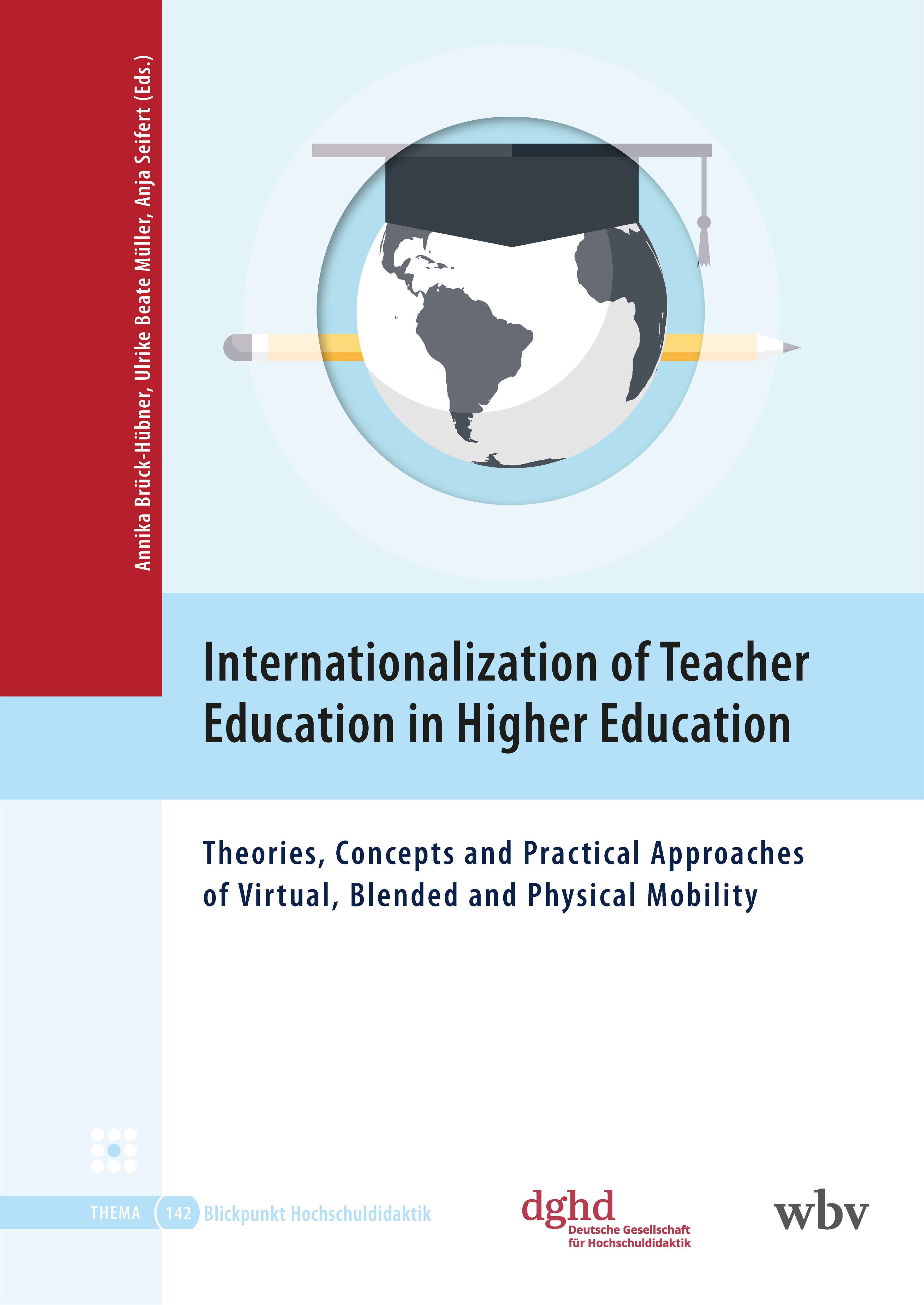Teaching in a Global World: Internationalization in Pre-Service Teacher Training – The IPC Project
The International Project (IPC) was established in 2008 at the Chair of Elementary School Pedagogy and Elementary School Didactics at the Catholic University of Eichstätt-Ingolstadt to promote the internationalization of teacher education. The website for the project is www.ipcproject.de. An international network of universities from seven countries (Bulgaria, Germany, Japan, Poland, Sweden, Spain, and the USA) regularly organizes joint online courses and projects for their pre-service teacher students. This initiative realizes the concept of 'internationalization@home'. Collaborating in international groups and working on topics related to teacher education curriculum can promote transformative learning regarding cultural awareness and understanding for teacher students. This can also foster the development of appreciative intercultural attitudes that are essential for professional teaching in the classroom. The Internet and digital media facilitate personal online communication among students, thereby circumventing the various obstacles that research has shown to impede teacher education students from studying abroad. Evaluation and research in this context demonstrate that the IPC project assists students in recognizing and reflecting on diverse intercultural perspectives, as well as in considering the application of intercultural perspectives in their professional careers.
Beiträge
Open Access
Open Access
A Step-by-step Model for Internationalization of Elementary School Teacher Education
Pedagogical University Development Using the Example of the Giessen GloPEG Project
Open Access
Open Access
Open Access
Open Access
weitere Infos
Schultheis, Klaudia (2024). Teaching in a Global World: Internationalization in Pre-Service Teacher Training - The IPC Project. In Annika Brück-Hübner, Ulrike Beate Müller & Anja Seifert (Hg.), Internationalization of Teacher Education in Higher Education: Theories, Concepts and Practical Approaches of Virtual, Blended and Physical Mobility (S. 123-134). Bielefeld: wbv Publikation. https://doi.org/10.3278/I77352W012
